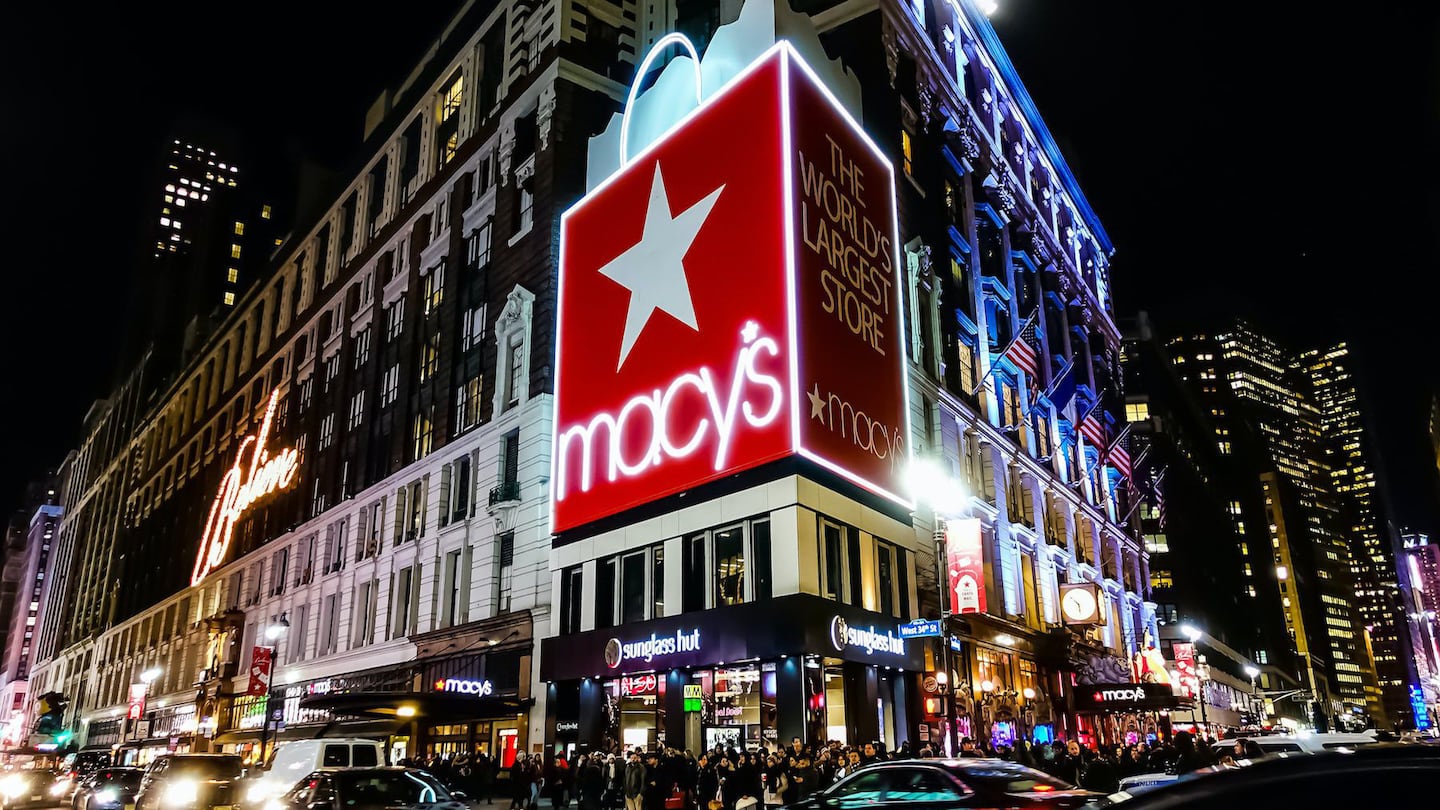
The Business of Fashion
Agenda-setting intelligence, analysis and advice for the global fashion community.

Agenda-setting intelligence, analysis and advice for the global fashion community.

Arkhouse Management, a real-estate-focused investing firm said on Sunday it and Brigade Capital Management have raised their offer for Macy’s after the department store chain rebuffed their prior proposal as too low.
The firms are now offering to acquire Macy’s stock they don’t already own for $24 per share, about 14% more than its previous offer of $21 per share.
The new offer for the company represents a premium of about 33% to its last close on Friday at $18.01 and values the company at $6.6 billion.
“We continue to offer the company an attractive alternative solution through a sale of the company at a substantial premium. This would provide Macy’s stockholders with significant value and immediate liquidity,” Arkhouse said.
ADVERTISEMENT
“The Macy’s Inc Board will carefully review and evaluate the latest proposal,” Macy’s said in a separate statement.
The two investment firms had submitted a proposal in December last year to acquire the shares of Macy’s they don’t already own for $21 a share but the offer was rejected by the department store operator due to concerns over the deal’s financing and valuation.
Like other legacy department store operators, Macy’s has struggled to compete against younger, online competitors or peers with smaller brick-and-mortar footprints. This has given Arkhouse and Brigade an opening to put pressure on Macy’s to explore a sale.
Macy’s is also facing a board challenge from Arkhouse Management after the investment firm nominated nine director candidates including executives with retail, real estate and capital markets experience, to the department store’s 14-member board last month.
By Akanksha Khushi in Bengaluru; editor: Mark Porter and Lincoln Feast.
Learn more:
Is Macy’s ‘Bold New Chapter’ Bold Enough?
New CEO Tony Spring’s plan to shutter stores and improve products echoes previous efforts for revitalisation. To pull it off this time, the retailer must deliver transformational changes in the shopping experience.
Nordstrom, Tod’s and L’Occitane are all pushing for privatisation. Ultimately, their fate will not be determined by whether they are under the scrutiny of public investors.
The company is in talks with potential investors after filing for insolvency in Europe and closing its US stores. Insiders say efforts to restore the brand to its 1980s heyday clashed with its owners’ desire to quickly juice sales in order to attract a buyer.
The humble trainer, once the reserve of football fans, Britpop kids and the odd skateboarder, has become as ubiquitous as battered Converse All Stars in the 00s indie sleaze years.
Manhattanites had little love for the $25 billion megaproject when it opened five years ago (the pandemic lockdowns didn't help, either). But a constantly shifting mix of stores, restaurants and experiences is now drawing large numbers of both locals and tourists.